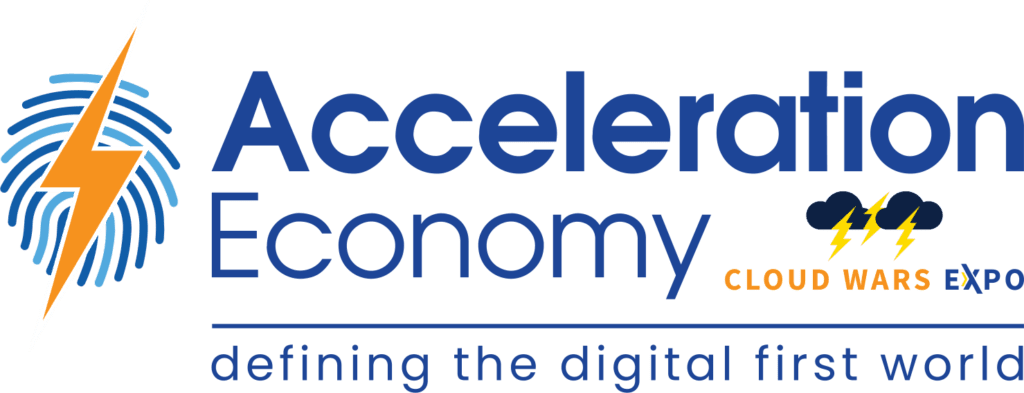Regulated industries, such as financial services and healthcare, have seen their regulatory compliance costs soar by as much as a billion dollars in a single year during the previous decade. New and more complicated rules, as well as public pressure, are putting a strain on people-based systems. This is compelling corporations to spend money on outside consultants and professional services to fulfill compliance needs.
Aside from reducing costs and risk, organizations’ compliance professionals are increasingly being relied upon to use compliance data strategically, bringing additional value to the business. With this in mind, it begs the question, “How do you capture that business value?”
Further, each industry has its own set of expectations, requirements, and geo-specific challenges which requires industry-specific knowledge and expertise.
Meeting Compliance with Automation Tools
Complying professionals can utilize automation tools, such as those from RegTech, rather than investing in additional solutions to decrease capital expenditures, expedite compliance, and increase flexibility.
One of the primary concerns of a business is that it may not be entirely compliant with all relevant rules and legislation in all of its interactions with customers, suppliers, and other counterparties. This is where Regtech comes in. There are many more aspects of risk management that companies must deal with on a daily basis.
There are several examples of how RegTech’s automation capabilities have been put to good use.
RPA, Analytics, and AI
Robotic process automation (RPA), advanced analytics, and artificial intelligence (AI) are some of the latest RegTech solutions. They employ emerging technologies to enhance compliance and promote a practical, dynamic model that can be scaled and adapted with little friction.
Inevitably, as the number of RegTech-related technologies grows, this list will grow as well.
Risk Management
The Regtech and risk management solutions that are showing the most promise fall into the following main categories:
- Cognitive systems or Artificial Intelligence (AI): Systems with the ability to learn from and use human knowledge and experience.
- Data analytics: The process of looking for patterns in large amounts of organized and unstructured data in order to deliver actionable information to business users.
- Machine Learning: Business rules may be inferred from massive datasets using machine learning techniques.
- Robotics Process Automation: The replication of human interaction with computer systems using already existing user interfaces is known as robotic process automation (RPA).
RegTech as a Business Enabler
A company’s compliance needs may be met in a variety of ways by utilizing this approach, including automating corporate governance, keeping track of regulatory changes, and avoiding human error. RegTech has the potential to enhance and speed client experiences, and even drive the development of new goods and services.
As a result of these new applications, the regulatory technology revolution has progressed to the next stage. This is defined by the shift from “know your customer” to “know your data,” and RegTech is no longer considered a business expenditure but rather a “business enabler.”
The mindset shift from expense to enabler can be challenging and tough to navigate the impact across the business from people, products & services, and which technology solutions to use. One method to accelerate decision-making is to collaborate with other CXOs that are being faced with the same challenge – all of which you can do at Cloud Wars Expo.
RegTech for Financial Services
In order for financial services organizations to get the benefits of RegTech, they must use the correct application. To reap the long-term rewards of this fundamental and revolutionary step in their firms’ digital transitions, decision-makers should look for use cases where RegTech can be introduced rapidly, quickly take hold, and soon take hold.
Since the financial services business is highly regulated, banks, insurers, pension funds, and other financial organizations must meet stringent standards for the ability to be audited, security, data quality, and operational resiliency. Modern banks can satisfy these objectives and gain substantial operational efficiency, thanks to the use of robotic process automation (RPA).
Audits and compliance reporting in the financial services business can’t afford to be delayed or ruined by human error. Repetitive tasks can be completed more quickly and error-free by robots than by human workers. As a result, your workers are freed up to focus on more rewarding duties like customer service or company performance analysis.
In a highly regulated business, like financial services, there is simply no space for mistakes or delays, especially when it comes to audits and compliance reporting.
Industry-Specific Automation
When robotic process automation (RPA) innovation is tailored to a certain sector, it can have transformational effects. One industry that has a lot of regulations and paperwork is healthcare, which is heavily regulated and slow to respond.
Patient intake and insurance coding are two examples of routine rule-based activities that may be automated, allowing healthcare workers to spend more time providing direct patient care. The pandemic has forced the delivery of healthcare services to take place in a virtual environment.
A great deal of opportunity exists for RPA developers to construct solutions that are expressly aimed at the healthcare industry in order to enhance operations.
Potential Risks of Advanced Automation Technology
The use of robots, machine learning, and natural language processing in business processes are on the rise. This is due, in part, to the widespread use of advanced automation technology. Organizations have a lot of room to improve their operational capabilities, but this comes with a price: increased susceptibility to data breaches, cyberattacks, money laundering, and other illegal activities.
When evaluating the risk and compliance functions, it is important to consider if they are keeping up with the changing nature of operations and the risks that come with it. RegTech assists these organizations in automating their compliance procedures and monitoring the consequences of their compliance efforts in real-time.
Companies gain from RegTech’s accuracy and efficiency by avoiding fines and penalties for noncompliance, as well as by lowering compliance expenses, which can be difficult to quantify but are nevertheless devastating for many businesses.
Want to gain more insights from Cloud Wars Expo?
Starting on July 20th, more than 40 hours of on-demand cloud education content will be available for free to Acceleration Economy Subscribers.









